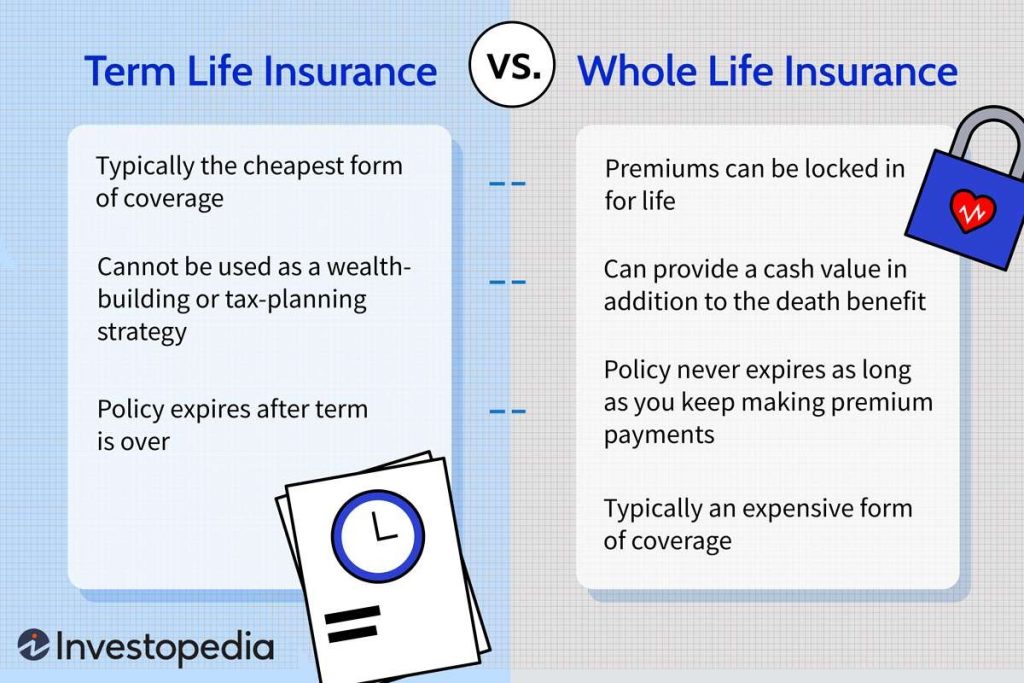Choosing the right life insurance beneficiary is very important. It can greatly affect your loved ones. When picking a beneficiary for your life insurance policy, it’s key to understand why this choice matters. This article will help you pick the right person or group for your policy.

Getting life insurance is often to protect your family’s financial future. The life insurance beneficiary gets the money from your policy when you pass away. It’s vital to think carefully about who you choose to ensure your family’s well-being.
Also Read: How to Estimate How Much Life Insurance You Really Need
Understanding the Importance of Life Insurance Beneficiaries
Choosing the right beneficiary for your life insurance is very important. The person or entity you pick will get the death benefit when you pass away. This can greatly help your loved ones financially, making the role of beneficiaries key.
The Role of Beneficiaries in Life Insurance Policies
Beneficiaries are the ones who get the life insurance payout after you die. They are the people or groups you choose to receive the money. Their job is to make sure the right person gets the financial help they need during tough times.
Why Choosing the Right Beneficiary Matters
Picking the right beneficiary is crucial to make sure your policy’s money goes to the right person. This choice can greatly affect your family’s financial future. The right beneficiary can give your loved ones the money they need to pay bills, debts, and keep their lifestyle after you’re gone.

Factors to Consider When Choosing a Life Insurance Beneficiary
Choosing a life insurance beneficiary involves several important factors. Your relationship with the beneficiary, their financial stability, tax implications, and estate planning goals are key. These considerations help ensure your policy’s proceeds go where you want them to.
It’s crucial to think about your relationship with the potential beneficiary. Picking a spouse, partner, or close family member can offer them much-needed financial support. But, make sure they can handle the money wisely.
The tax implications are also vital. The life insurance payout might face estate or inheritance taxes, depending on your state’s laws and the beneficiary’s relation to you. A financial advisor can guide you through these tax issues.
In the end, choosing a life insurance beneficiary is about aligning with your estate planning goals. It’s about ensuring your loved ones are financially secure. By carefully considering these factors, you can make a wise choice and secure your family’s future.
Primary vs. Contingent Beneficiaries: What’s the Difference?
Understanding the difference between primary and contingent beneficiaries in life insurance is key. The primary beneficiary gets the death benefit first. This is usually a spouse, partner, or close family member. The contingent beneficiary gets it if the primary can’t.
Defining Primary and Contingent Beneficiaries
The primary beneficiary is who you choose to get the life insurance money. This could be a spouse, child, parent, or trust. The contingent beneficiary is the backup if the primary can’t get the money.
When Contingent Beneficiaries Come Into Play
Contingent beneficiaries step in if the primary dies or can’t get the money. This ensures your wishes are followed, even if things don’t go as planned. Naming a contingent beneficiary adds extra protection for your loved ones.
Knowing the difference between primary and contingent beneficiaries is vital. It makes sure your life insurance money goes where you want it to. By picking both carefully, you can rest easy knowing your loved ones are taken care of, no matter what.
Choosing a Spouse or Partner as a Beneficiary
Naming your spouse or partner as the primary beneficiary of your life insurance is common. It ensures the death benefit goes to someone who depends on it financially. But, there are important things to think about.
Choosing your spouse or partner as the beneficiary can give them financial security if you pass away. This is crucial if they rely on your income or are a stay-at-home parent. By naming them as the primary beneficiary, you help them keep their standard of living and cover expenses.
However, it’s key to think about estate planning and taxes too. Naming your spouse as life insurance beneficiary or partner as life insurance beneficiary can affect your estate and taxes. It’s wise to talk to a financial advisor or estate planning expert. They can help make sure your life insurance beneficiary spouse or life insurance beneficiary partner choice fits with your financial and estate plans.
Naming Children or Grandchildren as Beneficiaries
Choosing your children or grandchildren as life insurance beneficiaries is a caring act. It helps secure their financial future. But, it’s crucial to think it through, especially for minors.
Considerations for Minor Beneficiaries
Minors can’t handle life insurance money by themselves. Insurance companies can’t give it to them directly. You need to plan how the money will be used for their benefit.
Setting Up Trusts for Minor Beneficiaries
Creating a trust for a minor is a smart move. A trust can be the life insurance beneficiary. The trustee manages the funds until the child or grandchild is grown. This way, the money is used for their education, health, or other needs.
When picking children or grandchildren as life insurance beneficiaries, think about their needs. Consider setting up a trust to protect their financial future. With the right planning, you can leave a lasting financial gift for them.
How to Choose a Life Insurance Beneficiary
Choosing a life insurance beneficiary is key to protecting your loved ones. It’s a step in estate planning that ensures your wishes are followed. Whether it’s a spouse, child, or someone else, knowing how to pick a beneficiary brings peace of mind.
Start by reviewing your policy. Check the current beneficiaries and make sure they match your wishes. It’s vital to update them as life changes, to avoid wrong payouts.
Then, think about the types of beneficiaries. You have primary and contingent ones. Primary beneficiaries get the money first, while contingent ones get it if the primary can’t.
Consider your relationships, finances, and estate goals when picking a beneficiary. Think about who needs the money and how it can help them.
By following these steps, you can make sure your policy meets your needs. Remember, picking a beneficiary is a big part of estate planning. So, do it with care and thoughtfulness.
Updating Beneficiary Designations: When and Why
Life insurance beneficiary designations can change. Your personal life may shift, requiring updates to your policy. Knowing when to update your life insurance beneficiary is key. It ensures your policy reflects your current wishes and protects your loved ones.
Life Events That May Require Beneficiary Updates
Major life events like marriage, divorce, or the birth of a child can prompt updates. Updating life insurance beneficiary designations after these events ensures your policy matches your current family and estate plans.
Changes in your relationship or finances also call for updates. This keeps your policy effective in supporting your loved ones.
Regularly checking your life events that change life insurance beneficiary helps maintain accurate information. This avoids unintended beneficiary designations.
Being proactive with updating life insurance beneficiary is part of good financial planning. It gives you peace of mind, knowing your policy will care for your loved ones as your life changes.
Legal and Tax Implications of Beneficiary Choices
Choosing a life insurance beneficiary is a big deal. It affects your estate planning and how your assets are shared after you pass away. Think about the legal and tax issues that come with it.
Estate Planning and Beneficiary Designations
Life insurance is a big part of estate planning. The person you pick as your beneficiary changes how the death benefit is taxed. Make sure your life insurance choices match your estate plan to protect your loved ones.
Also, picking a beneficiary can skip the probate process. This means the death benefit goes straight to the person you choose. It makes things easier and can save money and time.

